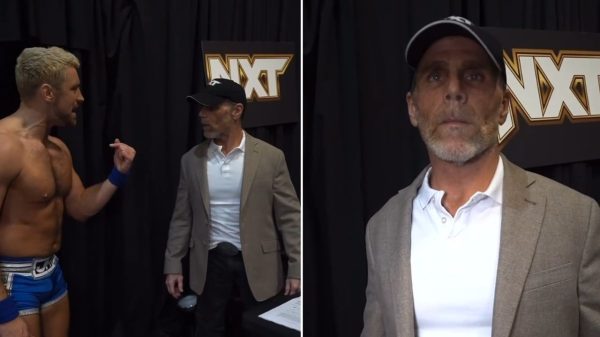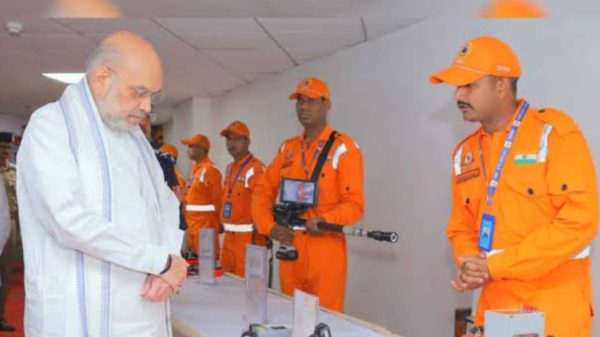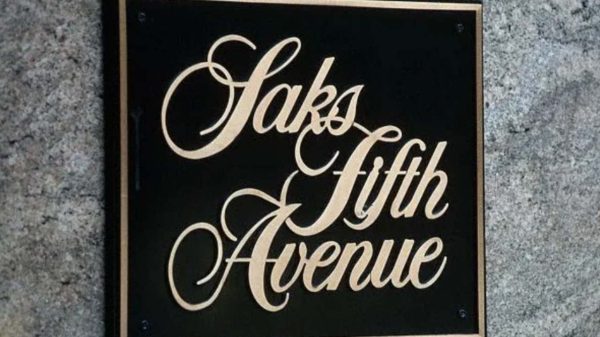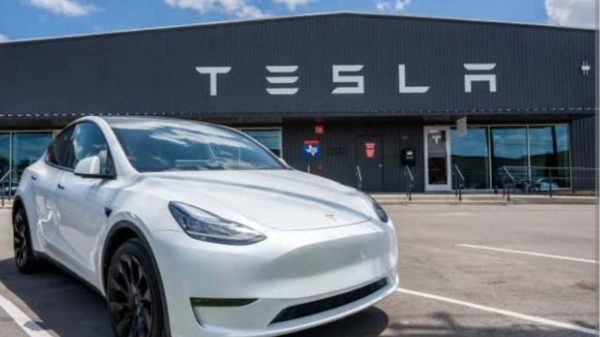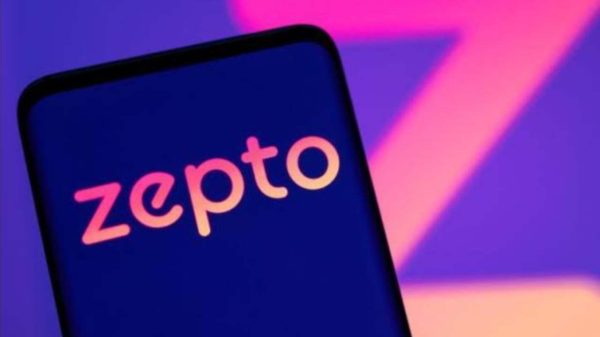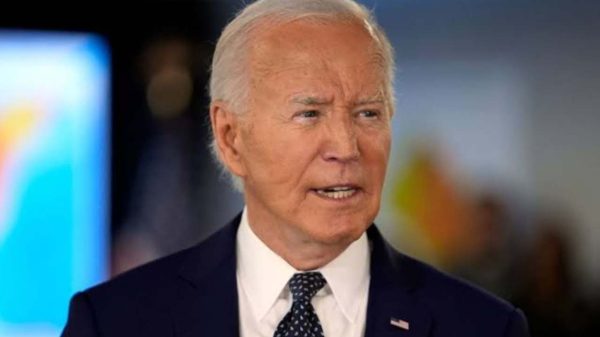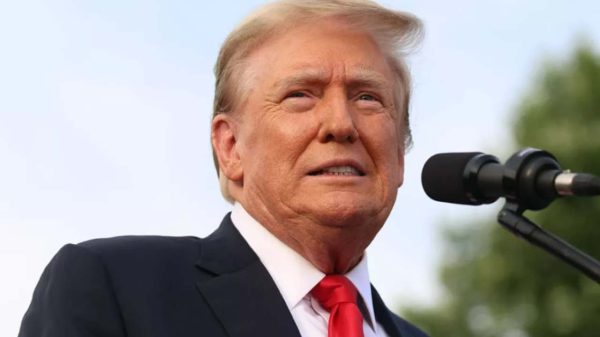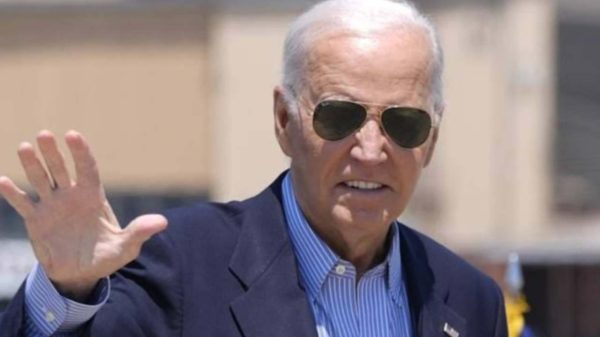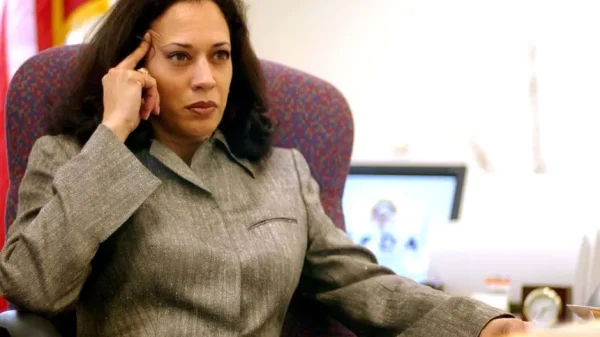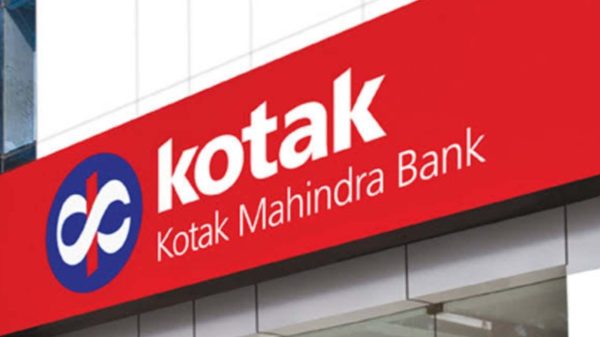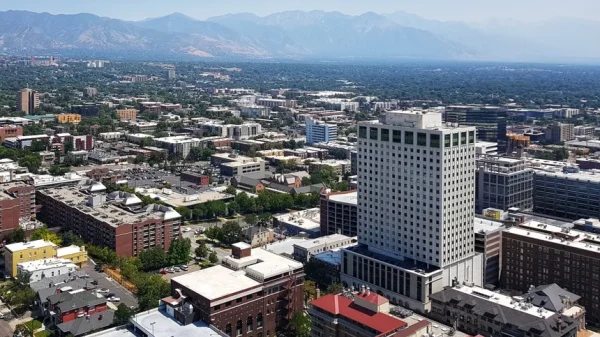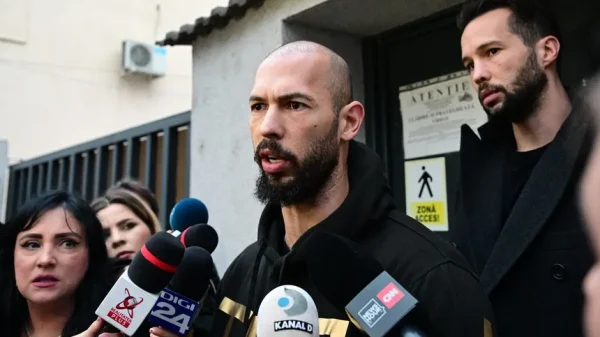In response to the legal dispute over Elon Musk’s compensation at Tesla, the company has filed a court document urging a Delaware judge to recognize a shareholder vote that supported Musk’s $56 billion pay package.
This move is aimed at overturning the judge’s previous ruling from January that invalidated the compensation plan.
The ongoing legal battle has significant implications, not only concerning Musk’s compensation but also in terms of potential legal fees amounting to billions of dollars.
In response to Tesla’s attempt to reinstate Elon Musk’s compensation package through a shareholder vote, attorneys representing shareholders argue that the vote holds no legal weight. They contend that Tesla’s only recourse is to appeal the January ruling to the Delaware Supreme Court.
Before an appeal can proceed, Chancellor Kathaleen McCormick must first determine the legal fees Tesla owes to the shareholder attorneys for their successful challenge of the compensation package.
Initially, the attorneys had requested payment in the form of 29 million shares of Tesla stock, valued at over $5 billion.
However, they have now proposed an alternative payment of at least $1.1 billion in cash, citing court precedents as justification, despite describing this amount as “unfairly low.”
This ongoing dispute underscores the significant financial and legal stakes involved in the case.
The legal battle between Tesla and Richard Tornetta, the shareholder who sued over Elon Musk’s pay package, has been contentious as they seek to resolve the case and determine appropriate compensation for Musk.
Earlier this year, Musk expressed that unless he had a greater ownership stake in Tesla, he would consider developing products independently of the company.
This statement has introduced uncertainty about Musk’s future at Tesla, particularly as the company faces challenges such as slower sales and increased competition in the market.
On June 13, Tesla’s investors voted in support of Elon Musk’s stock options package, citing their belief that Musk deserved reward due to the significant increase in Tesla’s value since the package was initially agreed upon in 2018, with the company’s value rising over tenfold.
Tesla has urged the judge to set aside the fee dispute and prioritize assessing the impact of the shareholder vote. They argue that validating this vote could substantially reduce the legal fees involved.
Additionally, Tesla intends to file a motion seeking to overturn the January ruling, expressing confidence that they are now positioned to win the case based on the shareholder support for Musk’s compensation package.
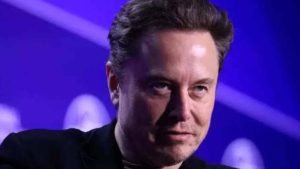
Elon Musk
Tesla has contended that by involving an independent board member in the review and obtaining shareholder approval, it rectified Chancellor Kathaleen McCormick’s earlier findings. McCormick had determined that Elon Musk had too much influence over the pay negotiations and that shareholders were not adequately informed during the 2018 vote.
However, Richard Tornetta’s legal team has rejected Tesla’s approach, arguing that the board’s process for proposing a ratification vote was flawed and that Tesla misused the law.
They further claim that Musk’s influence coerced shareholders into approving the compensation package under threat of potential product development being taken away from Tesla.
The shareholder lawyers are now pressing for a decision on their legal fees as the next step in the case. They initially sought compensation equivalent to 29 million Tesla shares, valued at over $5 billion, but have proposed an alternative cash payment of at least $1.1 billion, which they believe is justified based on legal precedents despite considering it “unfairly low.”
Tesla has stated that when Musk achieved the final milestone in the pay package, it was valued at $56 billion.
However, as of the latest market close, the package is valued around $48 billion based on Tesla’s share price of $182.19. This discrepancy underscores the financial significance and ongoing complexity of the dispute surrounding Musk’s compensation.


